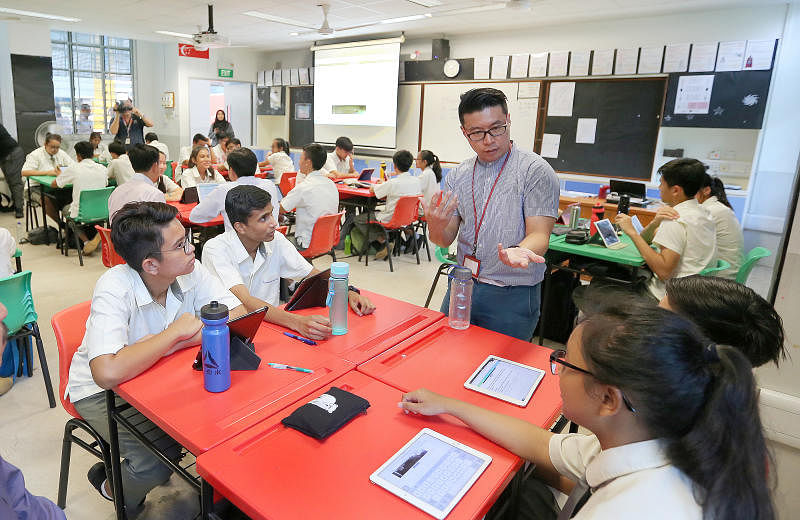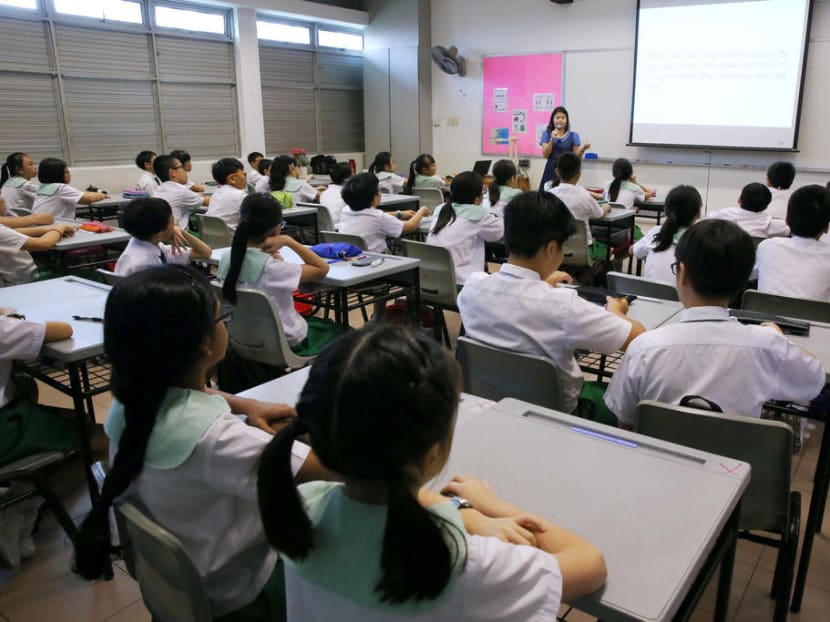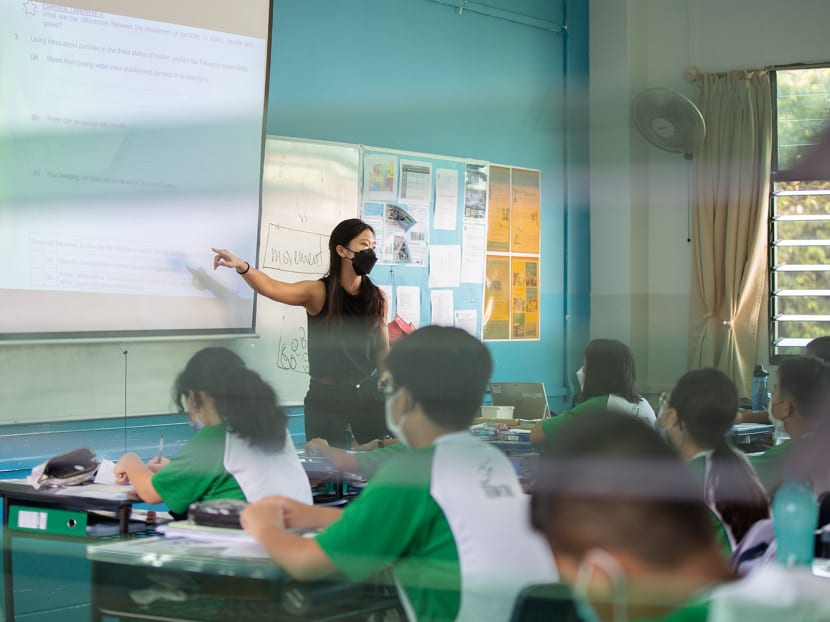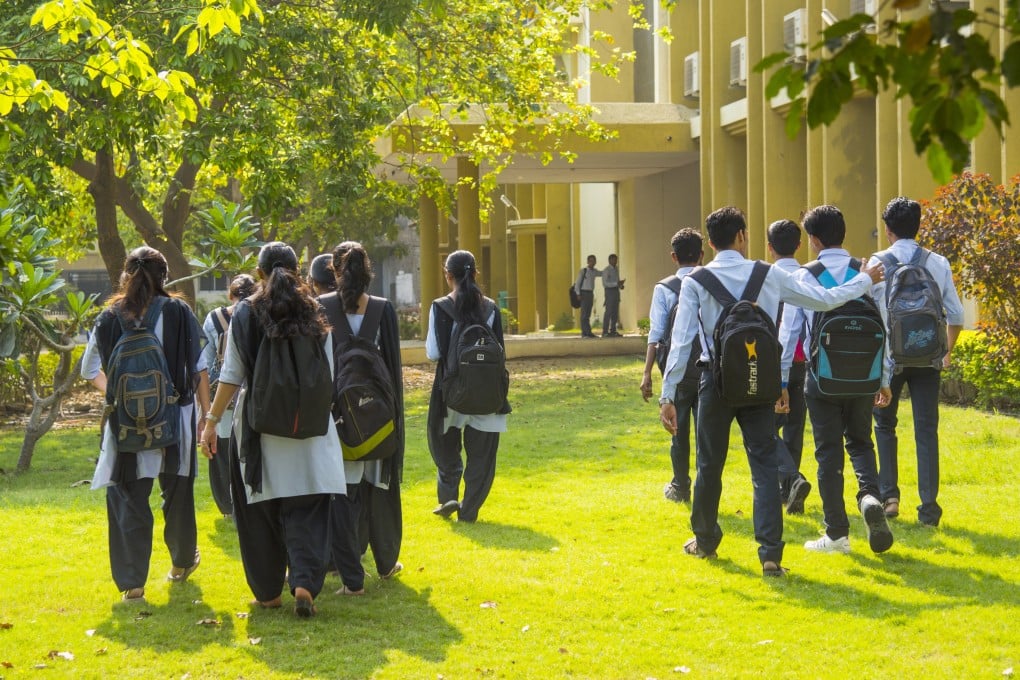Ex-Teachers Speak Out: The Realities of Teaching in Singapore Today
The teaching profession in Singapore has long been viewed as noble, secure, and meaningful—but increasingly, it is becoming one of the most emotionally and physically taxing jobs in the public sector. In a candid episode of Wise & Shine, former MOE educators Lily, Siti, and Alex share raw insights into why they joined teaching, what finally drove them out, and whether they’d ever consider returning.
According to the Ministry of Education’s 2024 figures, resignations among trained teachers reached a decade-high of over 3,300—roughly 5% of the teaching force. Mid-career professionals are still entering the sector, but retention remains a growing concern, especially post-pandemic.
“Do I see myself marking at 2am for the next 10 years?”
That was the turning point for Siti Zahidah, a former JC General Paper teacher who served from 2014 to 2022. Despite her passion for the classroom, the accumulation of non-teaching duties—ranging from project work coordination to vendor management—took its toll.
“The stress translated to a physical health condition… an autoimmune disease,” she revealed. “I looked fine, but my physical health was not great, especially post-COVID.”
This is not an isolated case. A study found that more than 60% of surveyed teachers in Singapore reported moderate to high levels of burnout, with a strong correlation to administrative workload and lack of work-life boundaries.

The Hidden Curriculum: Beyond Lesson Plans
Contrary to popular belief, much of a teacher’s job in 2025 isn’t academic at all.
“You have to manage everything: CCAs, SYF prep, marking, admin work, and parent communication,” said Lily, who taught in a primary school before pivoting to private tuition to spend more time with her family. “It's not just imparting knowledge anymore—it’s about being part of a child’s village.”
Teachers today are often frontline social workers in disguise. From students with incarcerated parents to others battling mental health challenges, the emotional bandwidth required has grown.
“I cry,” Siti admitted. “Some cases eat into the focus I have for my other students. I have to remind myself—I still have 50 others who need me.”

Why They Left—And Why Some Might Never Return
For all three guests, the decision to leave wasn’t taken lightly. Alex, who taught Physical Education and led student leadership programmes, left after eight years.
“I couldn’t see myself doing the same thing for the next 20 years,” he explained. “The regret of not trying something else felt heavier than the regret of failing after leaving.”
Lily’s reason was deeply personal. After having a child, she made the switch to running a private tuition centre with her husband.
“I still loved teaching. I just wanted to slow down and specialise—focus on English, spend more time with my family. In school, I had to teach multiple subjects and juggle everything.”
For Siti, flexibility and clarity in job scope became non-negotiable.
“I would only go back if it’s written in black and white that I only teach. Not CCA, not vendor management. But with the new adjunct requirements, that’s not possible.”
As of late 2024, even Flexi-Adjunct Teachers are now required to take on at least one non-teaching responsibility—a controversial update that has turned off many potential returnees.

So Why Do People Still Join?
Despite these realities, teaching remains an attractive mid-career switch for some. With Singapore’s growing demand for educators—especially in foundational literacy, STEM, and mother tongue languages—MOE has rolled out the Postgraduate Diploma in Education (PGDE) programme with an immersive attachment period. This gives newcomers a taste of school life before committing.
“If it aligns with your values, your life goals, and you go in with open eyes, it can still be very meaningful,” said Alex.
And it’s true. Teachers are among the few professionals who witness transformation up close. From helping a 20-pointer JC student believe they can enter university, to giving underprivileged children the emotional support they never had at home—the intangible rewards remain powerful.
“I still meet with former students,” S shared. “One of them texted me, ‘You’re the only adult I feel I’m not being talked down to.’ That hit me.”
A Lesson for Singapore’s Future
Teaching is no longer just about chalk and talk. It’s about resilience, communication, and agility—especially in navigating generational differences.
“If you’re stuck thinking, ‘my generation is better,’ you won’t thrive,” Siti cautioned. “There’s a new generation every five to six years. You have to adapt.”
Singapore’s future depends on the strength of its education system—and the sustainability of its teaching workforce. The government’s push to enhance career development, increase mental health support, and introduce more realistic job previews is a step in the right direction.
But systemic challenges persist. Without addressing core issues like workload creep and role clarity, the exodus may continue.

Final Thought: Is It Still Worth It?
Teaching in 2025 is not for the faint-hearted. But for the right person—with the right mindset—it remains one of the most impactful careers in the public sector.
The stories of Siti, Lily and Alex reflect a broader truth: when we invest in teachers, we invest in our future. But to keep good people in the classroom, the system must change—before it’s too late.
Let us know what you think about this topic, and what do you want to hear next.
You can now be our community contributor and make a pitch to have your favourite personality be on our show.
Join our community group and drop us your insights on this topic.

-3.png?width=50&name=Square%20(2)-3.png)










Let us know what you think of this post